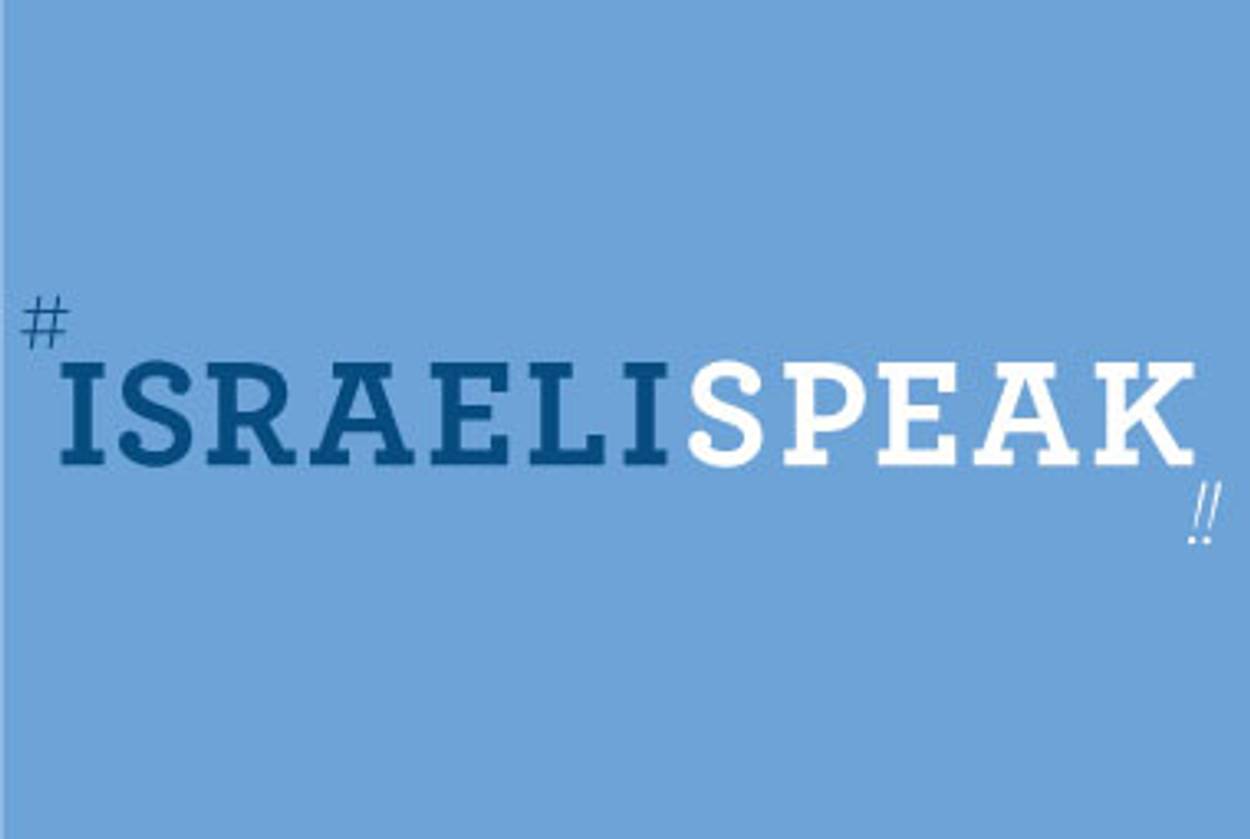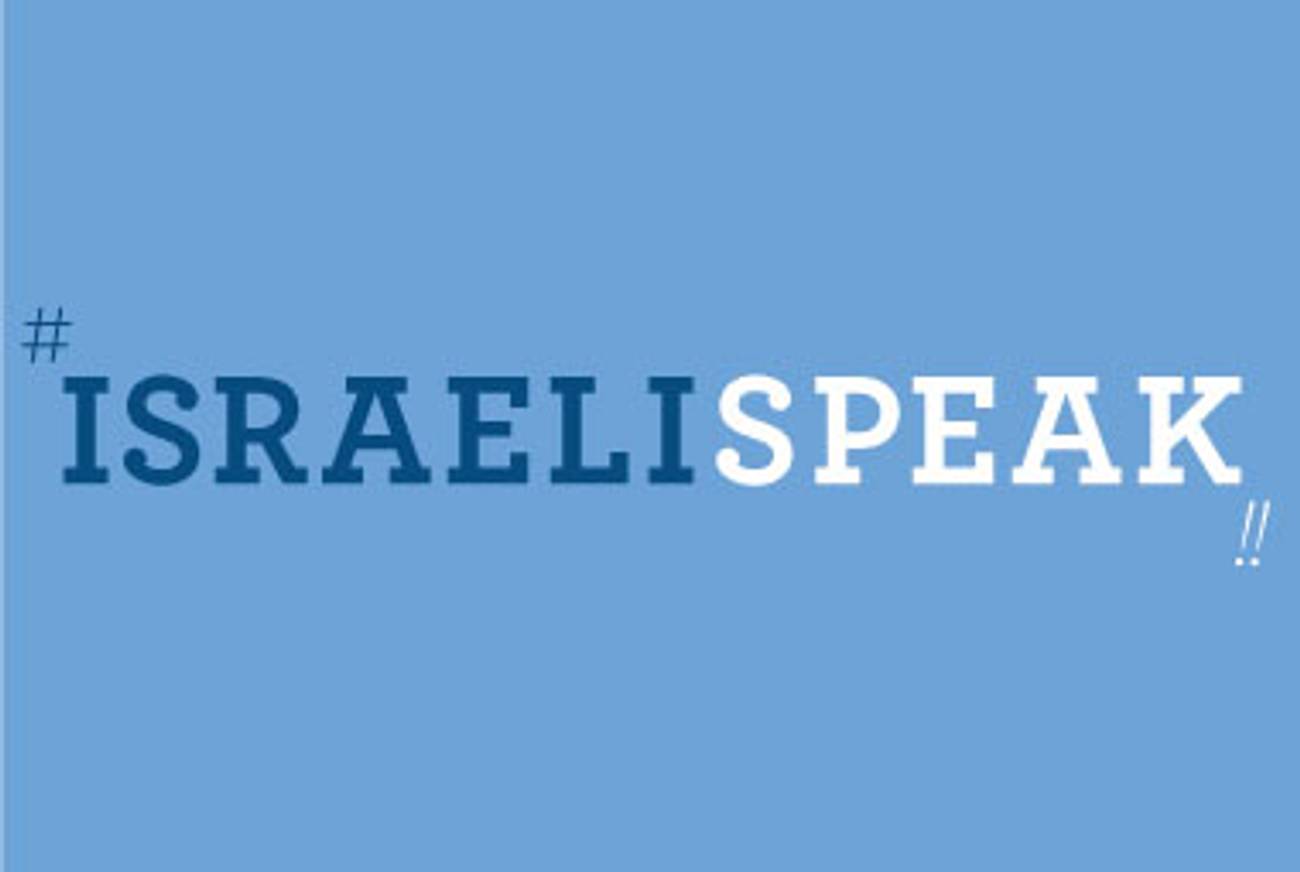On Strike
Is organized labor protest divinely ordained?




Israelispeak is the way Israelis and the Israeli media use Hebrew. Behind the literal meaning, there’s an additional web of suggestion, doublespeak, and cultural innuendo that too often gets lost in translation. Every Friday, we reveal what is really being said.
The details of labor negotiations may make for tedious reading, but talks between the Finance Ministry and the Histadrut labor federation, the national umbrella organization for Israel’s unions, were all over the newspapers recently as Israel braced for a massive public-sector strike, or shvita. It’s exactly the sort of thing that sends shudders through anyone who might need to renew a passport or driver’s license, receive a shipment of goods from overseas, fly out of the country, or just take the train to work. Fortunately, the union and treasury folks were able to resolve their differences without grinding the country to a halt.
But now there’s a different strike threat on the horizon: Israeli farmers have announced they plan to stop putting fresh produce on the market later this month because the government has not let in all of the 26,000 foreign laborers (mostly from Thailand) the farmers say they have been granted permission to hire.
Unlike in English, the Hebrew word for strike does not have the alternate meaning of a blow or an attack. Rather, it shares the same root as Shabbat, perhaps indicating that Israeli trade unionists believe their days (or weeks) of rest are divinely sanctioned. Thus, even as the religious-secular rift shows no signs of narrowing and movie theaters and restaurants are increasingly open on Saturdays, the concept of a time in which the cessation of labor is mandated from above remains.
Indeed, Shabbat plays an explicit role in Israel’s strike culture. When hospitals and health clinics take part in a strike, they go into what’s known as “Shabbat mode,” in which the medical institutions use only a skeleton staff, as they do over the weekend, rather than shut down completely.
As with the Israeli attitude toward health care (96 percent of the population was insured before the 1995 law requiring universal coverage), the attitude toward unions tends to be a lot closer to the European model than the American one. While the Histadrut is certainly not as central to the state, or as powerful, as it was back when the Labor Party (and its predecessors) controlled the country, in some circles, “capitalism” (like “bourgeois,” or burgani) is still something of a dirty word.
Remember, many of the state’s founders considered socialism an integral element of Zionism, perhaps best expressed in the communal lifestyle of the kibbutzim—whose early members would likely have been appalled at the idea of calling a strike because of a shortage of Thai laborers working in the land of Eretz Yisrael.
Shoshana Kordova is an editor and translator at the English edition of Haaretz. She grew up in New Jersey and has lived in Israel since 2001.
Shoshana Kordova is an editor and translator at the English edition of Haaretz. She grew up in New Jersey and has been living in Israel since 2001.